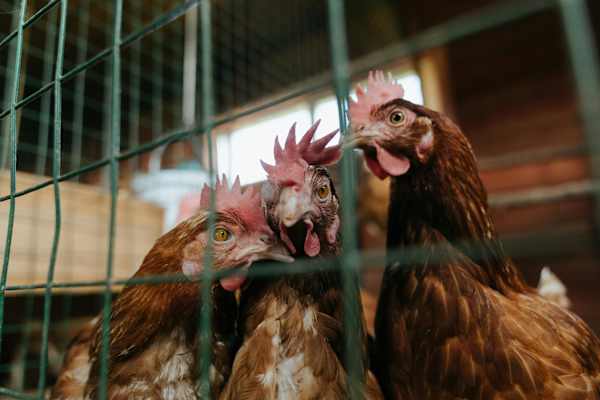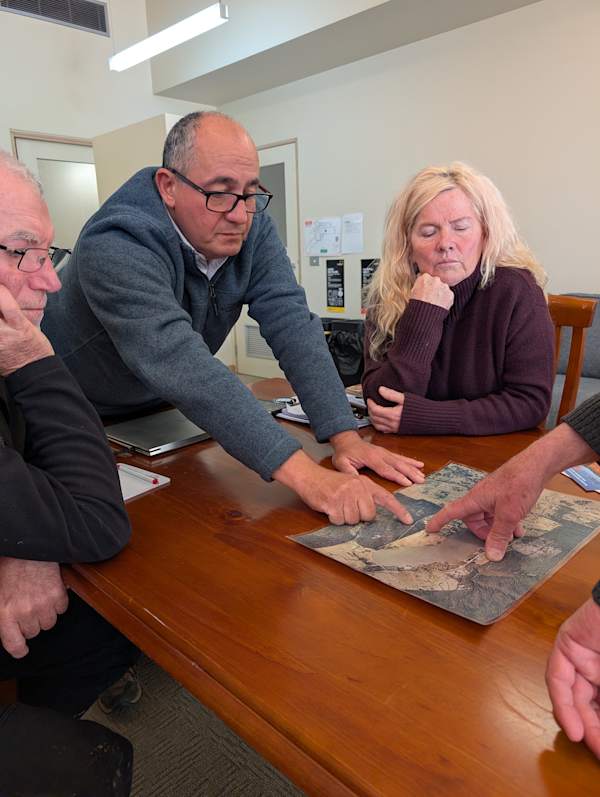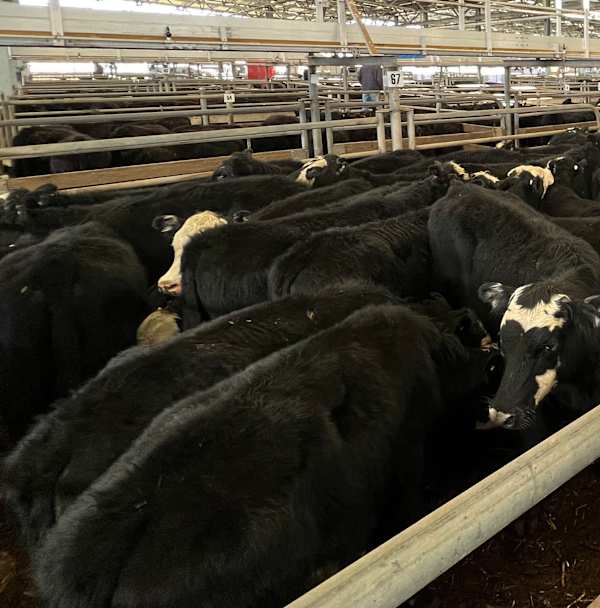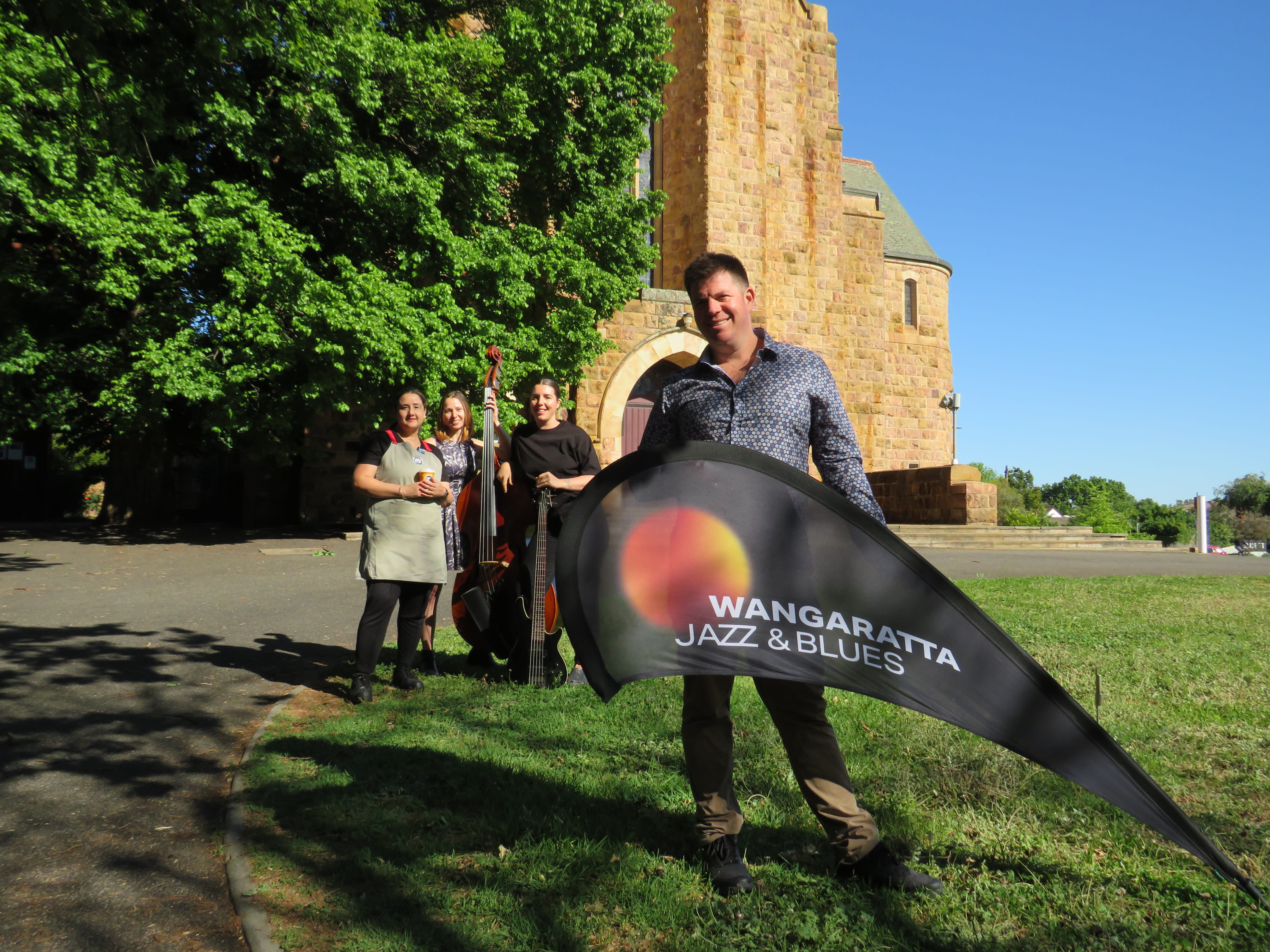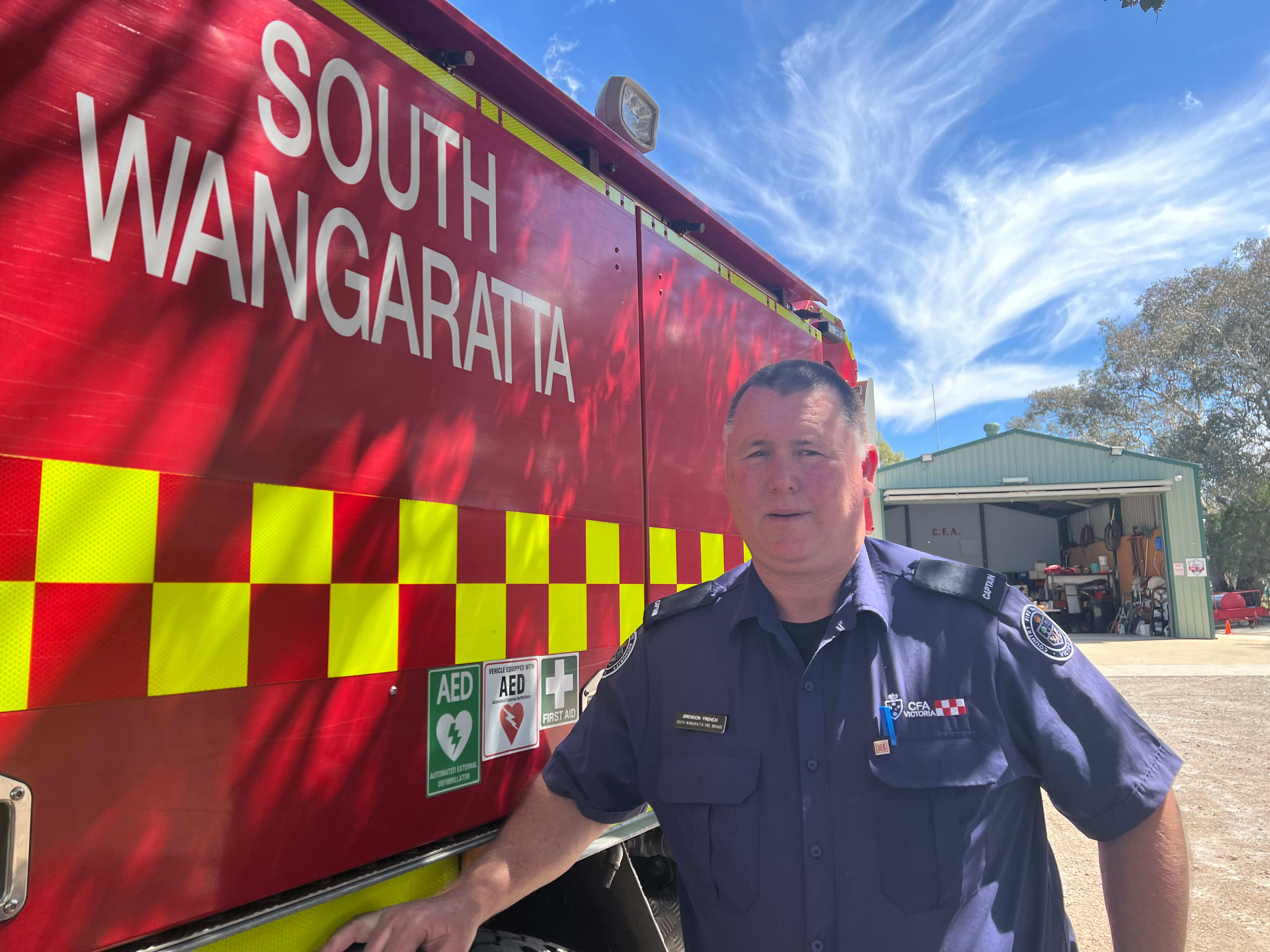THE first donkey was a pet.
“John said ‘one, just make sure you get only one’,” Deb Hanton remembered.
“Alright,” Deb said.
And within six months one donkey became two, and by the end of the second year the two had turned into 27.
It was 15 years ago, on 50 acres in Yea that the Hantons’ love affair with donkeys began.
Latest Stories
The original donkey had bloodlines directly descended from some of the first Irish and English donkeys to be brought to Australia specifically for breeding.
However, it was miniature and micro-miniature Mediterranean and Irish donkeys that would become the main breeding stock at Amelia Rise Donkeys at Hee Haw Farm.
Micro-miniatures by definition stand at a maximum of 30.1 inches from the wither to the ground, with miniatures standing at a maximum height of 36 inches.
Originally from Sicily and Sardinia, the micro and miniature donkeys are the result of intervention by breeders intent on perfecting size, disposition and conformation within this incredibly tame and gentle breed.
Coming in a variety of colours from the traditional grey and chocolate, to the sorrel, spotted, coloured, roan and very rare white, their coats also vary in consistency from woolly to curly, to short and wiry.
Deb Hanton’s favourite is the coloured donkey, and she particularly loves the donkeys when they are losing their shaggy winter coats, rolling and scratching on the ground, and looking most decidedly scruffy.
John and Deb’s passion and love for donkeys is evident throughout Hee Haw Farm.
From the original farm in Yea, the Hantons relocated in 2016 to 80 acres at Terip Terip, in the central Victorian highlands.
With views in all directions from Eildon to the Paps and across to Euroa, Hee Haw Farm is an idyllic location for donkeys.
The farm is incredibly beautiful with bush surrounds and 40 acres of scrub for the donkeys to wander through providing stimulation with the varied terrain.
The move was designed specifically to benefit the donkeys, as the terrain with its rocky paddocks and mountain grass suits the donkeys’ constitution better.
“Too much grass is bad for them and Yea was much too green,” Deb said.
“Donkeys are browsers, they’re more like a goat in the way they eat.
“They’ll eat wood, leaves, the bark off trees, so Terip Terip with its sparse mountain grass with not much of anything in it, suits them.
“They’re a stoic animal, but you really do need to monitor how much food they eat, as you won’t really know they’re sick until they turn up their toes.”
Another consideration is the importance of shelter.
“They need shelter, and this needs to be at least three sided,” Deb said.
“As donkeys only have one coat, unlike horses that have two, when they get wet and cold they are prone to pneumonia.
“And you shouldn’t coat donkeys as it means their coats won’t grow thick and shaggy to deal with the climate.”
And these hardy little mountain beasts need a thick coat for the bad weather that can come howling over the ridge, and blast Hee Haw Farm.
Weather like this keeps Deb busy tidying the paddocks picking up fallen branches and raking sticks.
John finds this slightly amusing.
“Who rakes and picks up sticks on 80 acres?” John said.
“You buy a bush block and try and turn it into the botanical gardens, it just doesn’t work.”
But he does admit that both he and Deb can be a bit fussy.
“It’s as much or as little work as you want to make it,” John said.
John and Deb both spend about an hour and a half each morning and evening tending the donkeys, with their health and wellbeing the paramount concern.
“The time is spent feeding and cleaning up around them, and we remove all the poo from the animals’ paddocks as worm control,” John said.
The stables are immaculate so that infections and disease are avoided, especially when welcoming foals and young ones into the herd.

The Hantons also foster donkeys, so the relinquished, the abandoned and the welfare donkeys that arrive at the farm have to go into quarantine before being introduced to the residents.
In quarantine the rescue donkeys have their health assessed, and are wormed, deloused, immunised and have their teeth and feet done.
The farrier visits Hee Haw Farm four times a year, with the donkeys having their feet done quarterly.
The upkeep and effort the Hantons put into their donkeys is huge, and the result is incredibly healthy, happy and socialised donkeys.
There is a calmness in the paddocks, and a comfortable hierarchy among the donkeys.
Each donkey tends to bond to another specific donkey with a pairing that becomes unbreakable, however, they are still very much a herd.
“They also make excellent therapy animals,” Deb said.
“In comparison to horses, donkeys are thinkers, they are more laid back and have much less of the flight and fright instinct of horses.”
Deb talks with fondness about all the donkeys, describing their idiosyncracies and foibles, recounting stories on their personalities.
“Poppy she’s bad to the bone,” Deb said.
“She’s not been disciplined properly, she’ll just barge straight past you.
“And be careful of that little lady over there, she will knock you flying if you don’t give her attention.
“She loves a scratch behind the ear.”
The majority of the foals sold at Hee Haw Farm become pets, or other breeders buy them for their genetics.
“They are the best animal,” Deb said.
“But they do require time and energy, otherwise they’re not the animal for you.
“They love attention and though they can be good companion animals for other species, they are highly intelligent and can bore easily when not getting the stimulation they need from other animals.
“And not all are suited to guarding, they can become territorial and can kill a dog immediately.
“They can kill sheep and goats if they’re not suited.”
Disposition is one of the main criteria for breeding donkeys at Hee Haw Farm.
“Good personality is important,” Deb said, when describing what makes a jack - a male donkey – into a stallion.
“Only one in a hundred jacks are any good as jacks.
“We look for good conformation – a nice straight back, a round bum, a gap between their back legs so they’ve got good legs and no long term problems with arthritis.
“We want the front to be the same, with the chest wide enough so at least there’s a hands width space between the legs.
“We want perky, and a perfect bite so that we know they’re consuming their food properly.”
And at a less than commanding 27.5 inches stands Telly, the Hee Haw Farm stallion, who ticks all the boxes and has fathered the newest six foals to join the donkeys of Amelia Rise.
“He’s John’s donkey,” Deb said.
“John completely fell in love with him, and it’s John who deals with him when the girls are in season.
“We hand breed here as we don’t want the jack or the jennies to be injured.
“He puts the halter on him and he takes him over to the girls in the holding pens.”
There is a ramp devised behind the pens to assist the diminutive donkey with his exertions.
“He’s usually too interested in the sky, and the trees, and the wind in his mane, that it often takes Telly about 45 minutes to do his business,” Deb said.
But once his business is done, almost a year to the day later Telly’s offspring are born.
“A jenny can be in foal between 11 and 14 months, but generally we say 12 months and the foal is born.
“John delivers every baby.
“By trade he was a mechanical engineer on oil rigs, but he grew up on a dairy farm, so he always assists.”
The birthing suites are situated close to the house, and once the donkeys show signs of going into labour they are placed in the yards with a mercury level alarm around their necks.
The Hantons also have closed circuit television to monitor the jennies when their time is almost due.
“I don’t get much sleep during this period,” Deb said.
“John does, but I don’t.”
Sleeplessness is just one of the downsides of Deb and John’s love affair with donkeys.
The unbridled joy and enthusiasm the Hantons have for their donkey herd completely outweighs any negatives, with Hee Haw Farm being purely a labour of love.
And though the foals do get sold on, and money is exchanged, as John said
“it is more a hobby that pays for itself, and for that we’re incredibly lucky”.


